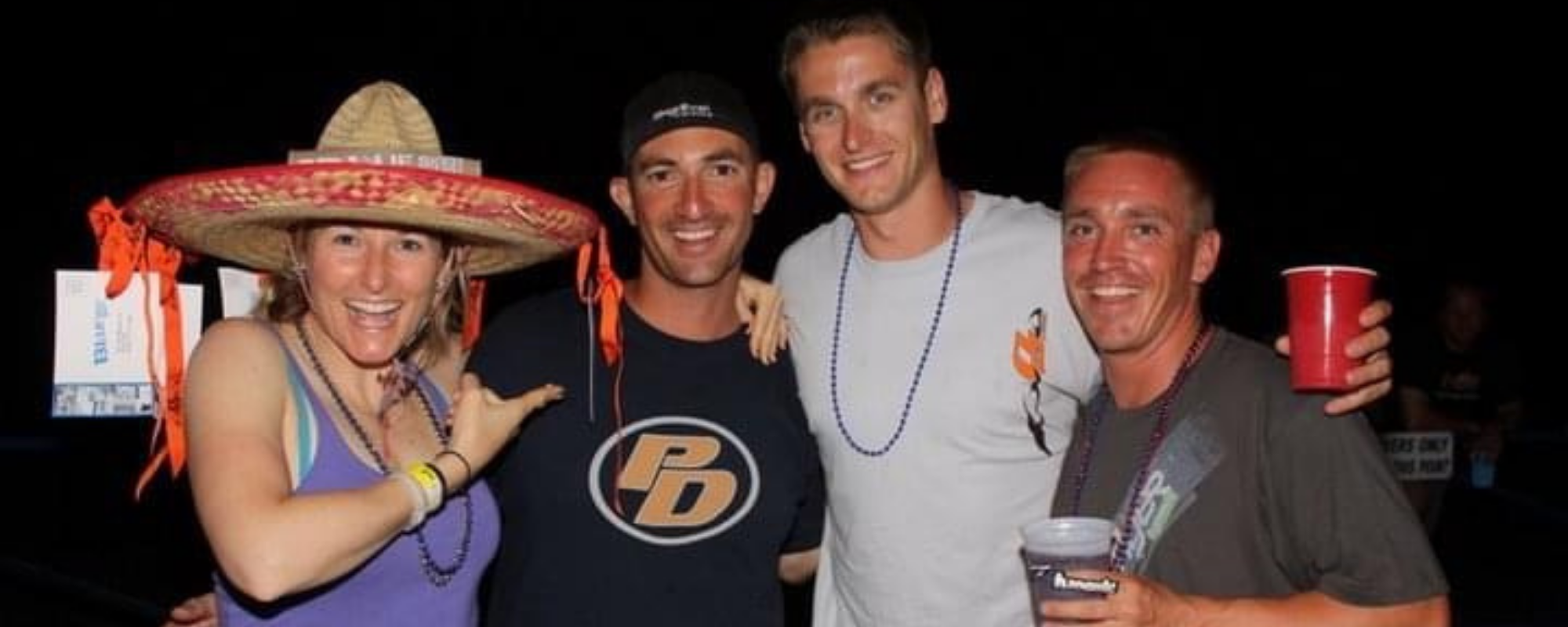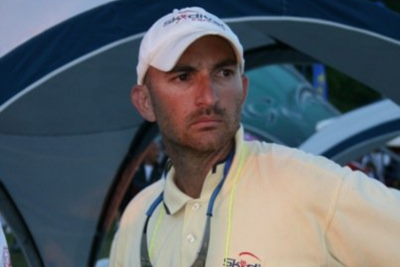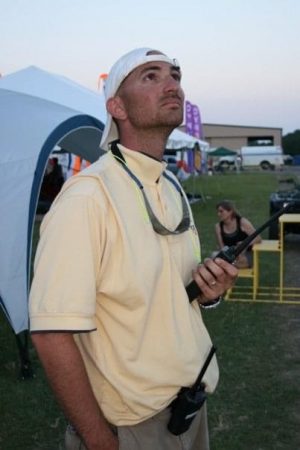
At the conclusion of my time as a DZM, I was a shell of my former self. I came into the world of skydiving with the vim and vigor of any new skydiver in love with the sport. I left it damaged.

Through the course of nine years working at a DZ, I had been a first responder to people suffering. I’ve seen the gamut of broken ankles, legs, femurs, and fatalities. Through years of long hours, managing unhappy staff and customers, feeling financial pressure, enduring fear of liability, navigating negative press, and bearing the weight of weather calls that affect income and the safety of others, I was done.
I knew it was time to leave when I could no longer look at the landing area without my heart racing. Seeing tandems turn in for a short final to build speed began to unnerve me. My internal monologue was a pleading to jumpers to flare as it seemed they would wait until the last possible moment to stab out of what, in my mind, was going to be a serious injury that I would have to tend to. It was obvious that it was time for me to step away and I did. By the end of it, I had lost a marriage and a few close friends who became fatality statistics.
As I reflect upon that anxiety-ridden period, it’s clear that I suffered from PTSD.
As dropzone operators, I think we believe we have a level of invincibility. I certainly thought I was different and wouldn’t succumb to the rigors of running a DZ, but I certainly did. I also don’t view my negative response as a failure because I think if given enough time, almost everyone succumbs to the pressure because it’s not sustainable. Many of today’s DZO’s internalize a lot and if they don’t seem brimming with happiness, it’s because they’re not happy. It’s ironic because DZO’s provide a place where people are literally experiencing the happiest times of their lives.
I’ve not shared these details with too many people because, for years, I felt like I had failed. Today, I know many DZOs who feel the way I did. For many of my clients, I’m as much of a sounding board to their frustrations as I am their marketer. I hear the stress, but many DZOs feel trapped. You’re all in with the dream and there doesn’t seem to be a way out as there are far more people selling DZs than there are buying.
ACKNOWLEDGE THE PROBLEM
 The key to longevity in the business of skydiving is to acknowledge the lifestyle we’re living. Answer these questions:
The key to longevity in the business of skydiving is to acknowledge the lifestyle we’re living. Answer these questions:
- How many hours per week do you work during the peak season? (If you don’t know take note of the time you arrive and when you leave).
- How much stress do you feel through the course of a season?
- Are you often short-staffed?
- Do you have to work hard to make your staff and customers happy?
- Do you feel financial pressure?
- Do you spend less time with your spouse or family than you you’d like to?
- Do you work nearly every weekend?
- Do you often feel tired?
- How often do you exercise?
- How is your diet and nutrition?
- When something bad happens, are you the person needing to take the lead?
- How often do you take a break?
After reading through many of these questions, it’s likely the answers aren’t what they need to be. Through time this business isn’t sustainable if we’re not self-aware and ready to for improved self-care or “health-ness.”
Change Your Perspective
I view business as a sport. As owners or managers, we are athletes in the business game. If we work long hours, have poor nutrition, don’t exercise and endure high levels of stress, we cannot perform at our best. There isn’t an athlete in the world who competes at an elite level under these conditions because the key to high performance is to be mentally and physically sharp. It’s no different in the arena of business management and if we are to be at our best and attempt to run the best possible dropzone, then self-care has to be part of your training regimen.
As a DZ manager, I dug deep to turn on the energy when I needed it most and that can work if the race is short, but running a DZ isn’t a sprint, it’s a marathon. My panic attacks are a result of years responding to situations as opposed to beginning each season proactively knowing the challenges that were ahead and preparing for them.
If I could do anything differently, I would have built my schedule around me working less hours per week, exercising, paying attention to my diet and alcohol consumption, and most of all scheduling vacation time. Vacation is a strategy, not a luxury.
I have no regret running a dropzone. I don’t want to make out it was all bad because it wasn’t. Nothing beats having a cold beer after the sunset load has landed and everyone feeling the vibes of a great day. I love the sport and its people and that is why I wish to be vulnerable so that the next generation of passionate DZ operators can learn from those who have already traversed the path and avoid being swallowed up by the inevitable rigors of the daily, monthly, and annual grind of DZ management.
***
If this article resonates with you, feel free to contact me if you’d like to chat about your experience. I work with dropzone operators on both their marketing and management and part of that work includes being strategic about how to navigate a skydiving season.



